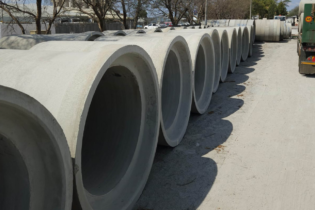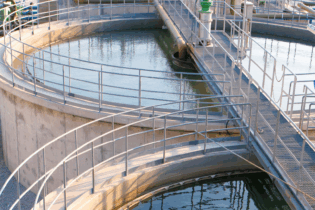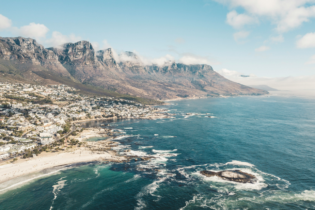Unregulated water consumption at tourist resorts in Gambia threatens water access and livelihoods of the country’s residents, according to a report released Monday by the UK-based group Tourism Concern.
Rachel Noble, the organisation’s head of policy and research, said one of the biggest problems facing the West African country’s water supply is that tourism resorts, which consume vastly larger amounts of water than Gambians, are not properly monitored or regulated. Since normal channels of water access are not dependable, large hotels along the coast often build their own bore holes to fill up reservoirs. “The problem is that, generally, this water is considered free, and it’s considered unlimited, which means that people aren’t paying for what they consume,” said Noble. “A vast majority of the [water] meters in the hotel are found not to be working, so hotels are paying the same amount regardless of their occupation level.” Tourism is one of Gambia’s biggest economic engines and Noble said the problem needs to be addressed in a way that will be best for both the industry and the country’s residents. “It’s [tourism] vital for a country that’s trying to lift itself out of poverty,” she said. “But our key concerns relate to the way that tourism is being developed – lack of planning, lack of regulation, lack of awareness about water resources along the coast where tourism is located.”The Tourist Development Area takes up 15 km of the coastline, which constitutes almost two-thirds of the small nation’s beachfront property.
According to Noble, there are many steps that need to be taken to address the issue. One is that the Gambian government should create a new water authority, although Noble said private industry must play a role too, especially in Gambia, where the government has a reputation for stifling opposition. “It also puts an added responsibility on international hotels and tour operators operating in the Gambia. They need to be aware of these local contexts where local people, if they are being adversely affected, they might not be able to speak without fearing some kind of negative reprisal,” she said. In 2010, tourism made up around 16% of Gambia’s gross domestic product with more than 91 000 visitors vacationing in the country.Source: voanews.com






